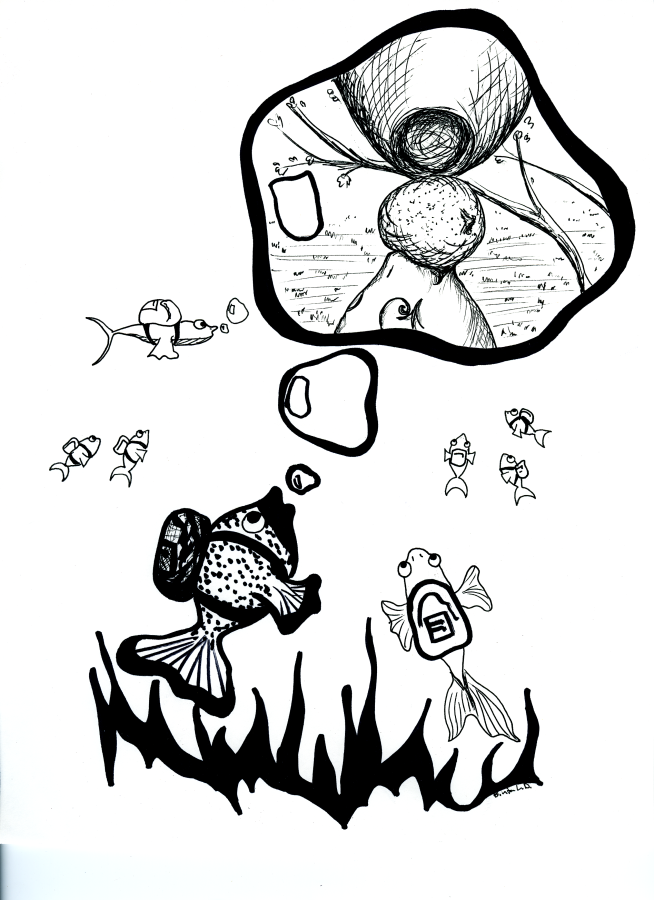A rank odor pierces my nostrils as I stumble down the stairs to the laundry. I’m greeted in the basement of Jewett by the usual cast of characters. Hung over, sleep-deprived and filled with anxiety we huddle together and watch football, the last connection we have with the rest of the world.
Will mentions his fantasy team. My eyes grow wide with shock; I have failed to look at my roster. The realization that Wes Welker is not playing adds insult to injury. I have allowed schoolwork to become more important than fantasy football. What have I become? I’m not even sure who the Seahawks play this week. I hang my head in shame.
It had happened. I had become aware of the Whitman bubble, not because I wanted to be best friends with people in town or because I missed news of important legislation. The kinds of people affected by such things are philanthropic and worldly; they read large textbooks in their free time, enjoy volunteering and rescue cats from trees. I however am not so interesting.
The Whitman bubble as I see it is failing to change my fantasy kicker when he pulls his groin, not knowing how the Mariners are doing and being completely severed from whatever knowledge I had of the pennant races.
The existence of the Whitman bubble is a well-documented one. Coming to Whitman, I was told that the communal nature of the college segregated Whitman students from the rest of the town. Having been here a month now, I can say that this bubble extends far beyond what I was told.
Being a student at Whitman College is an intensely community-driven experience. Walking across the lawn and being greeted by familiar faces, eating dessert with your professor and just feeling generally at ease are all hallmarks of this communal structure.
These things, taken at face value, are certainly all positive aspects of a healthy collegiate experience and a healthy, full life. However, what I have come to realize is that these things are so consuming that I find myself completely cut off from the rest of the world.
I have gone an entire week without watching TV. Knowing me before, this would have seemed impossible, but here at Whitman, with so much to do and so many people to talk to, hours spent in front of a screen are spent writing a paper and hanging out with actual “people,” which is astonishing to me.
I know too, that my experience is not a unique one. Friends, fellow first-years and upperclassmen alike speak of how they “have no idea” what is going on at home. When my dad texts me and asks the score of the Mariners game, I am unable to answer. People from back home will send me texts about things going on at home and I find that even listening to what they are saying, I am no longer engaged by it.
The Whitman community is ultimately concerned with what takes place at Whitman. You can go out into town, but you will undoubtedly bring fellow Whitties along for the ride. You can head home for a weekend, but you know for the next four years this is where home is. It is this kind of community, this gross shift in lifestyle that accounts for this feeling of estrangement. Is this a bad thing? Of course not. The bubble would not exist at all if the community did not thrive as well as it does here. But it’s still a shock to find yourself not talking to your best friends, forgetting to text your parents and, worse still, playing an injured player on fantasy football.




